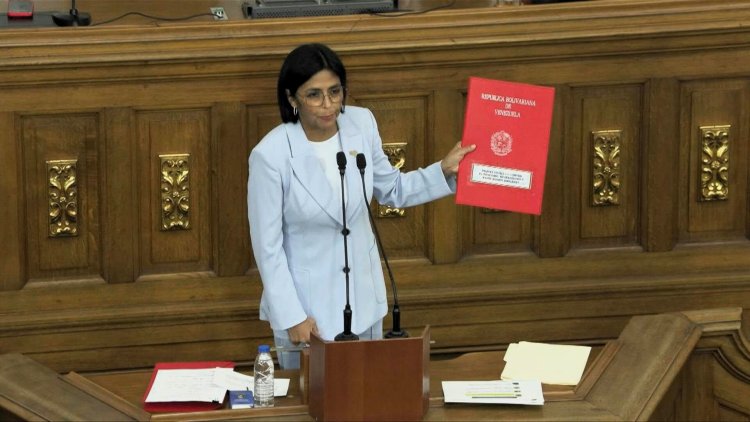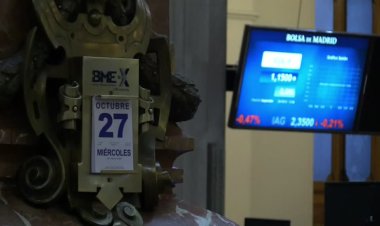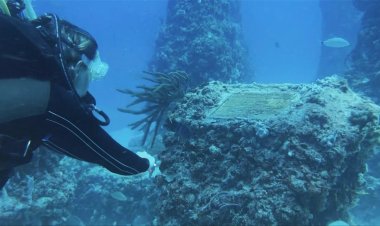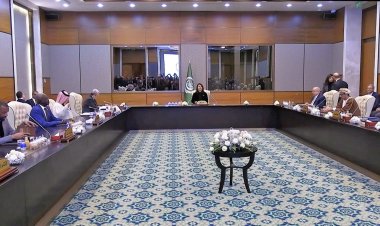Venezuela's Anti-Fascism Bill

The Venezuelan Parliament, with a pro-government majority, approved in its first discussion a bill against "fascism", a term that government officials usually use to refer to opponents, which establishes prison terms of up to 12 years and high fines.
The "Law against fascism, neo fascism and similar expressions" was presented before the unicameral National Assembly by Venezuelan Vice President Delcy Rodríguez, after being proposed on March 24 by President Nicolás Maduro, who will seek a third consecutive term in the elections on July 28.
The law, which consists of 30 articles, "aims to establish the means and mechanisms to preserve peaceful coexistence and public tranquility," as well as "protect Venezuelan society from the emergence of any expression of fascist, neo-fascist or similar nature."
In its article 22, the document states that "any person who requests, invokes, promotes or executes violent actions as a means or means for the exercise of political rights will be punished with imprisonment of eight to twelve years and political disqualification for the duration of the sentence."
The "dissemination of prohibited messages" on radio or television will be punished with the revocation of the concession, while fines will be imposed on "electronic or printed media" of between 50,000 and 100,000 "times the highest exchange rate published by the Bank Central", equivalent to up to 100,000 dollars.
In addition, meetings or demonstrations are prohibited, as well as "political organizations" where it is considered that there is an "apology" for fascism.
"This law against fascism seeks to complement the Law of Political Parties, but it also seeks to complement and develop the law of hate," said Rodríguez when exposing the text approved in the first discussion by a "qualified majority."















